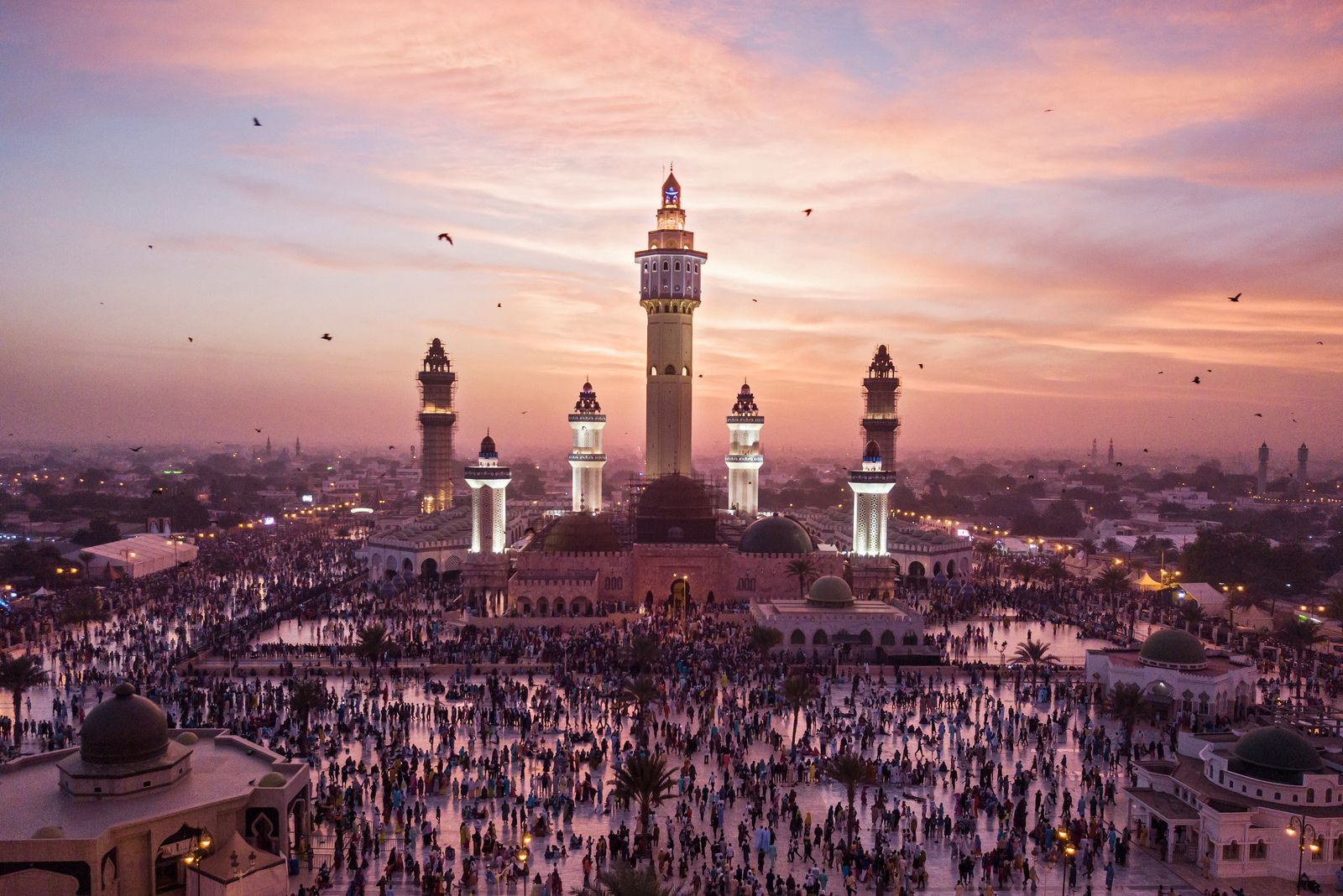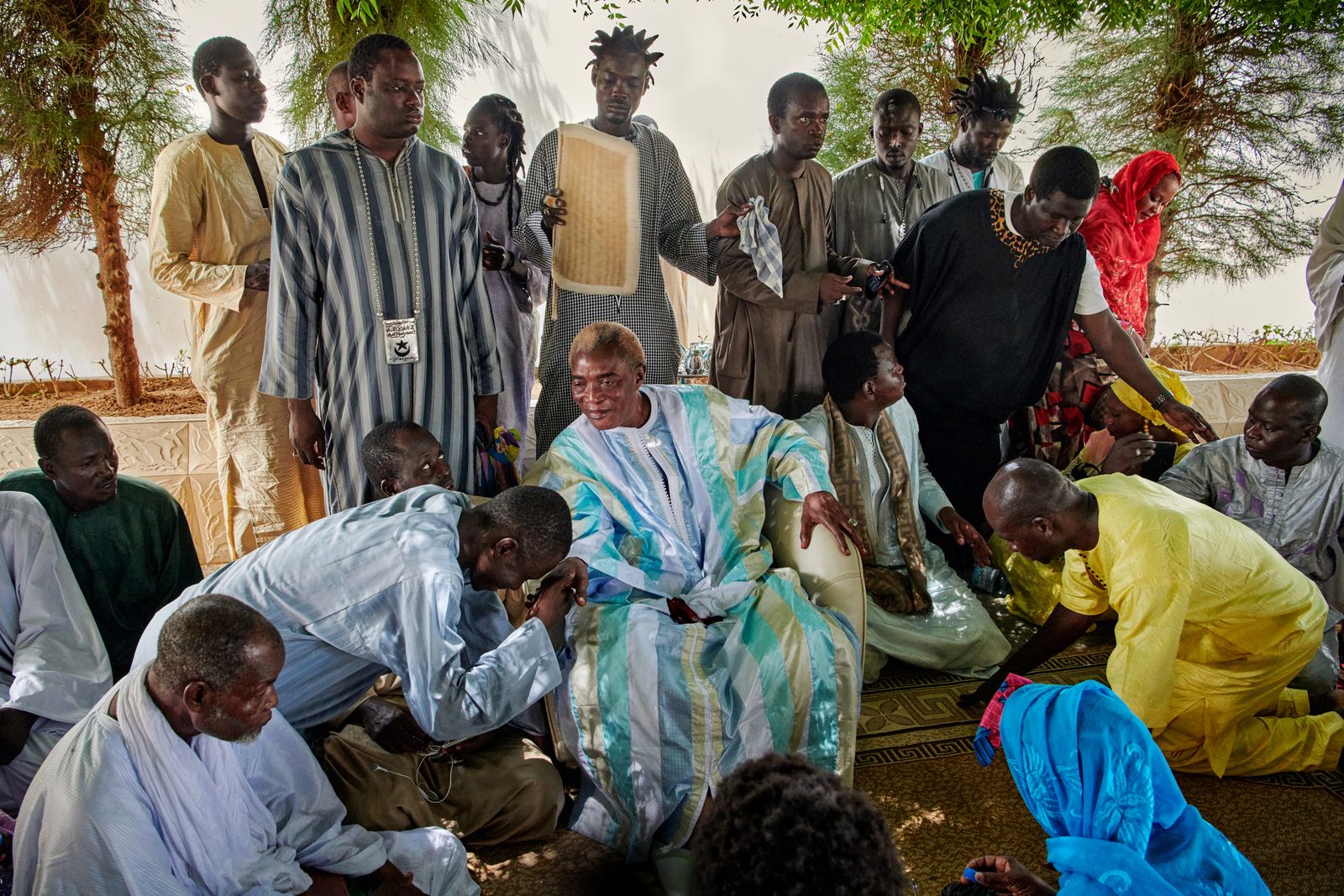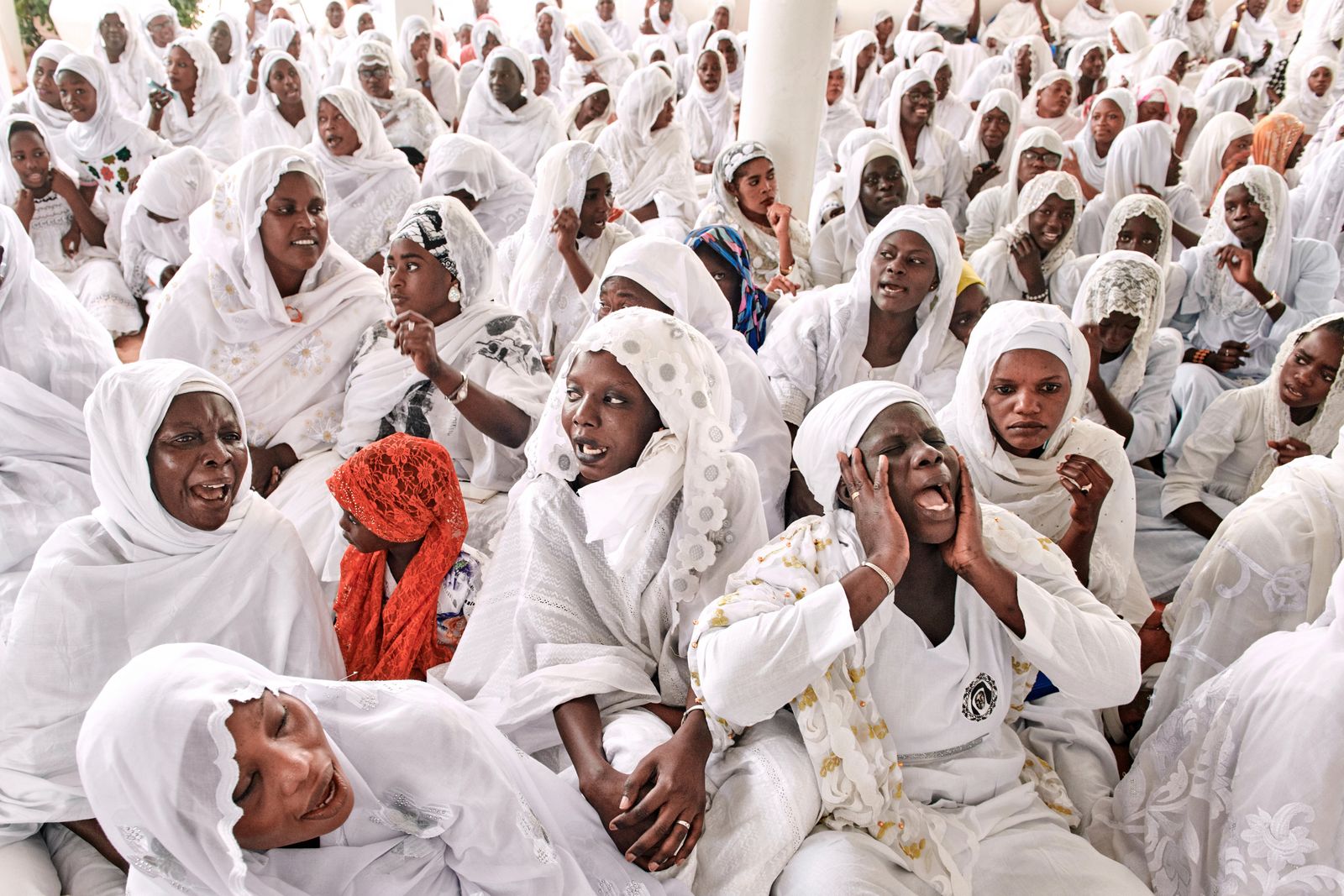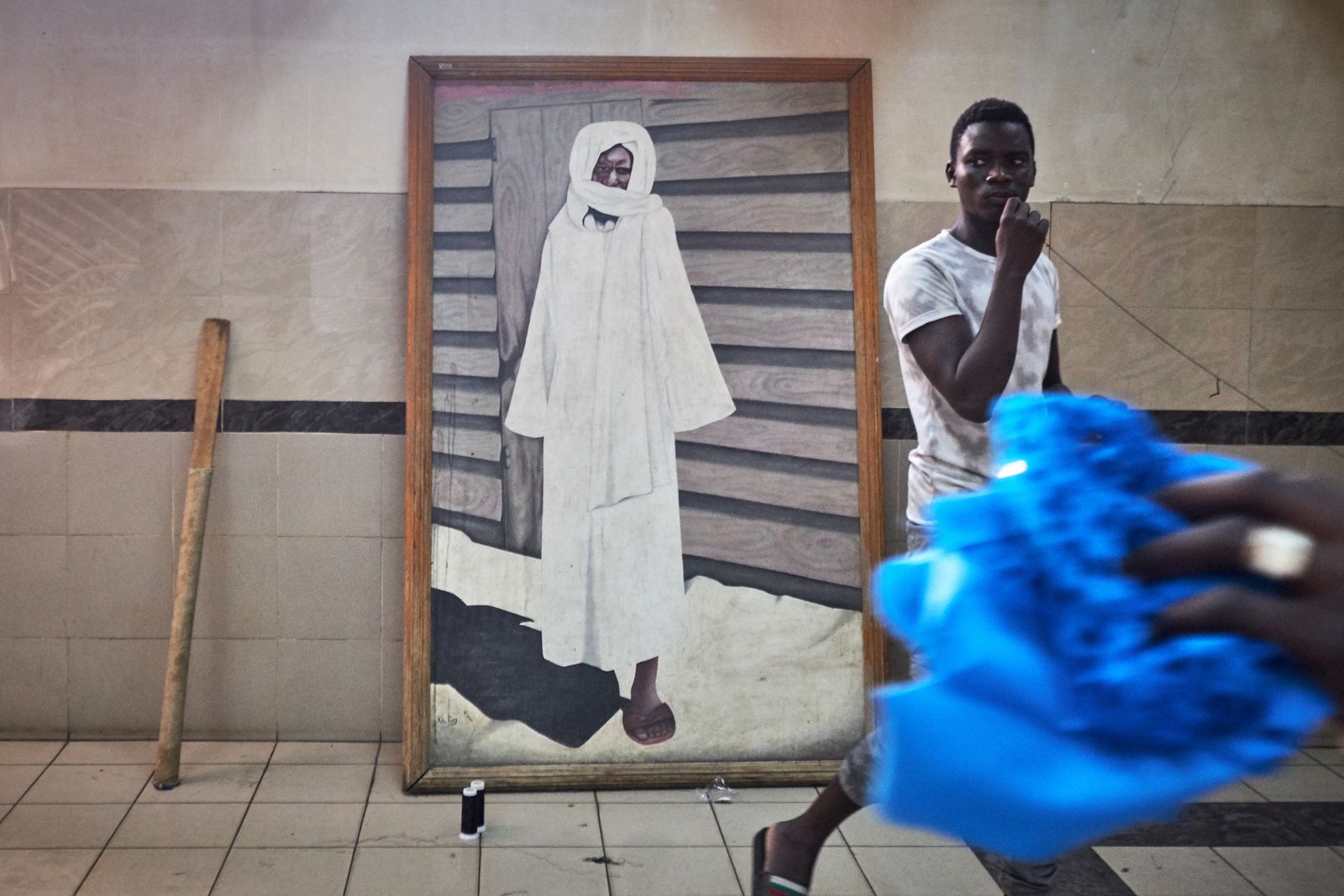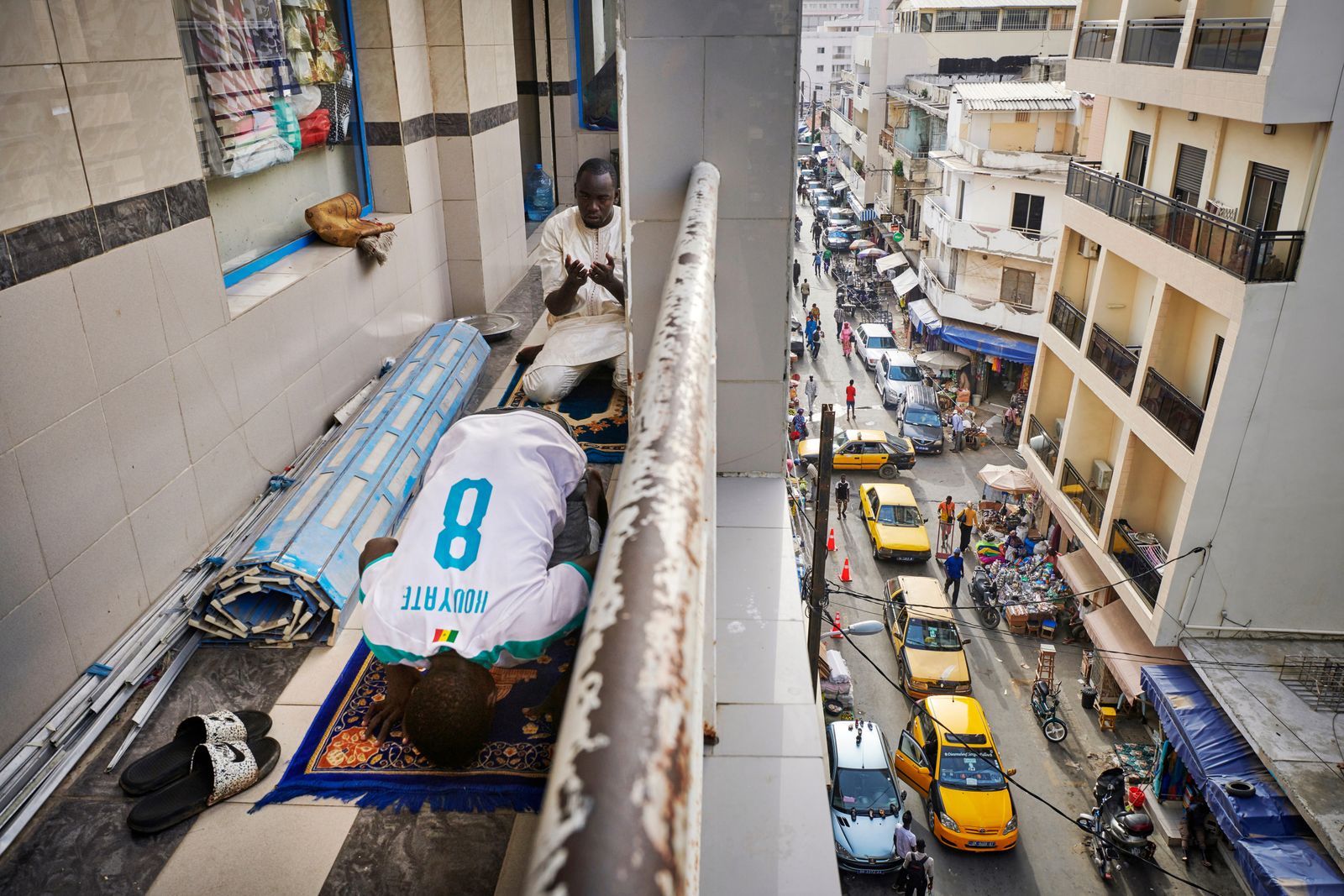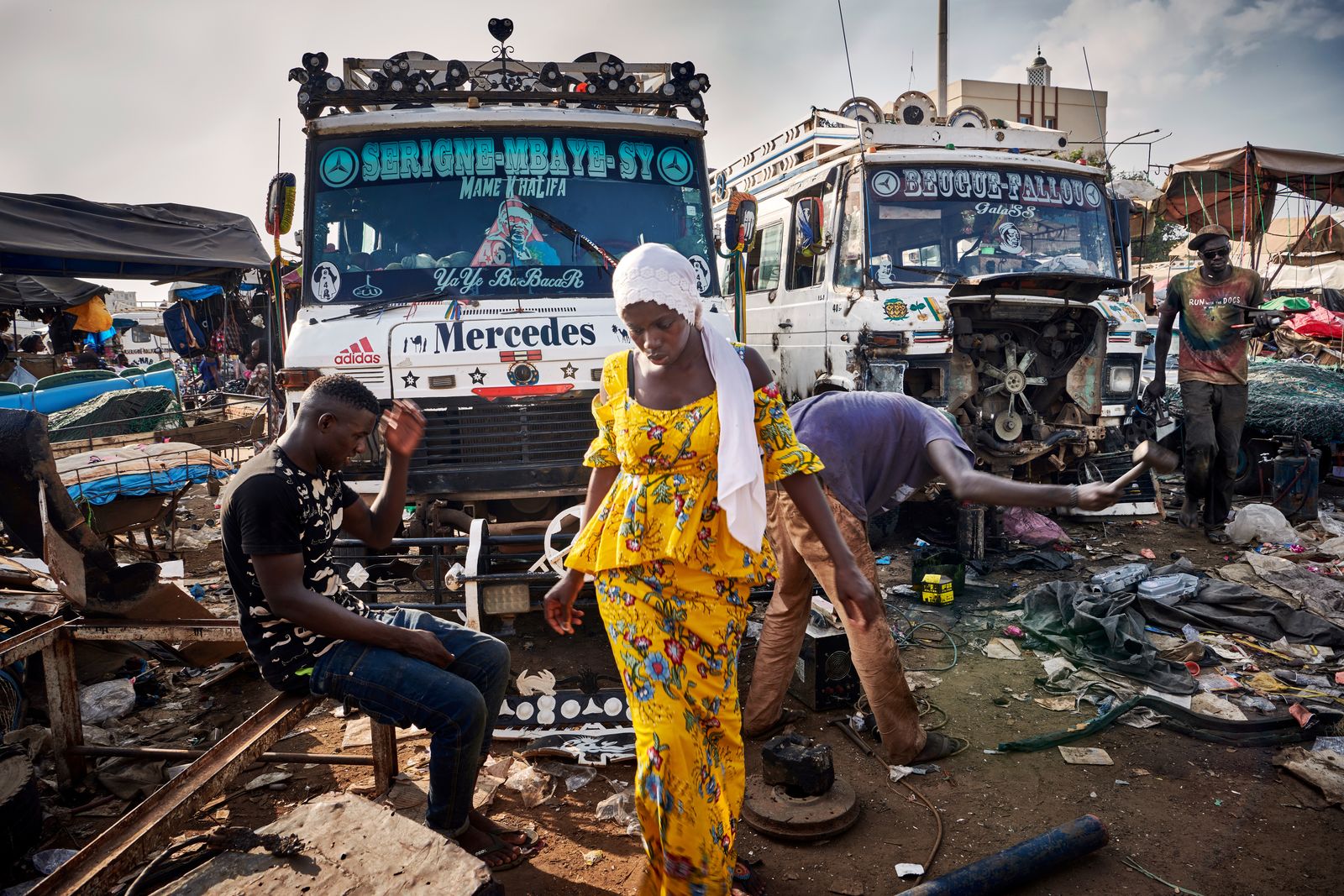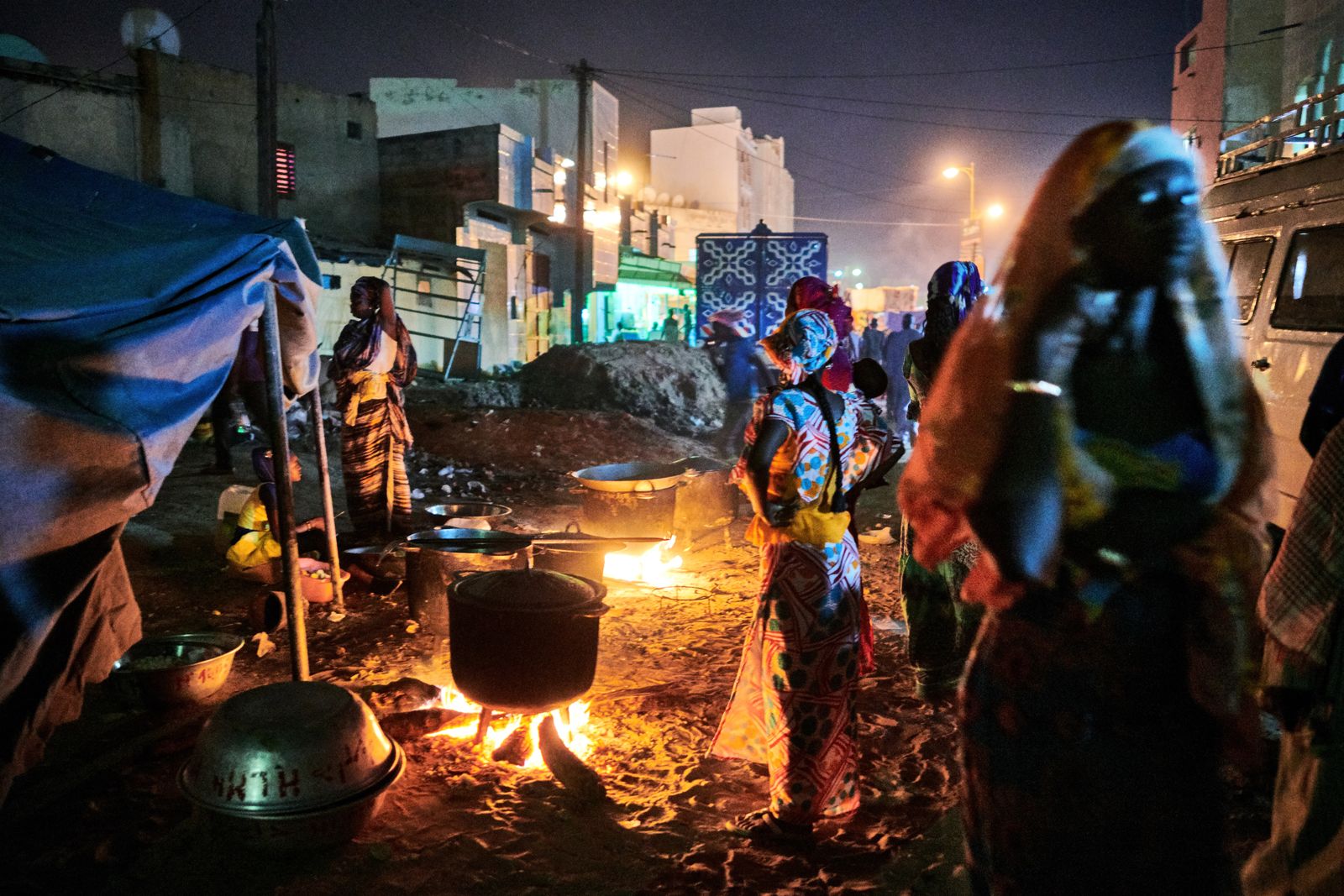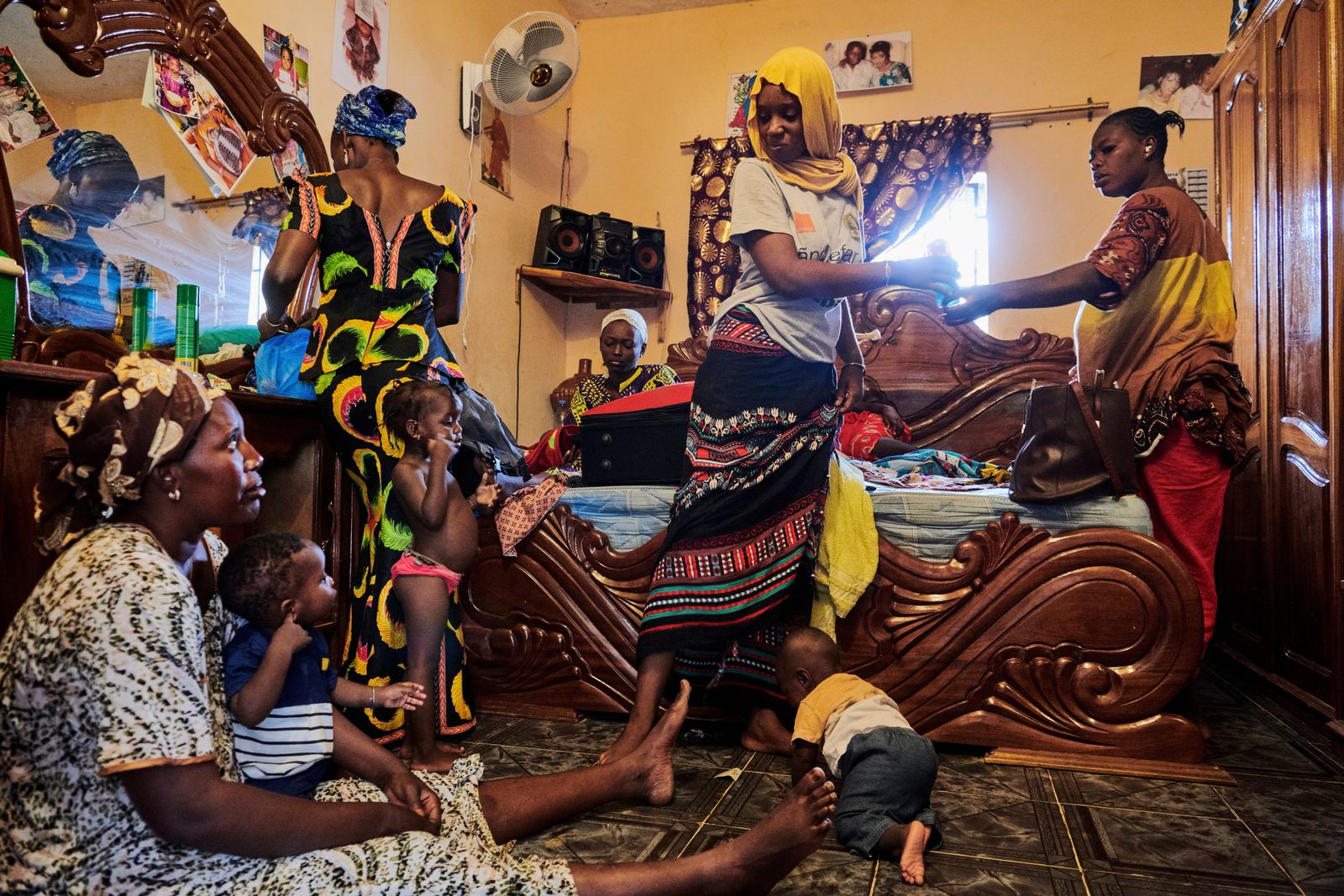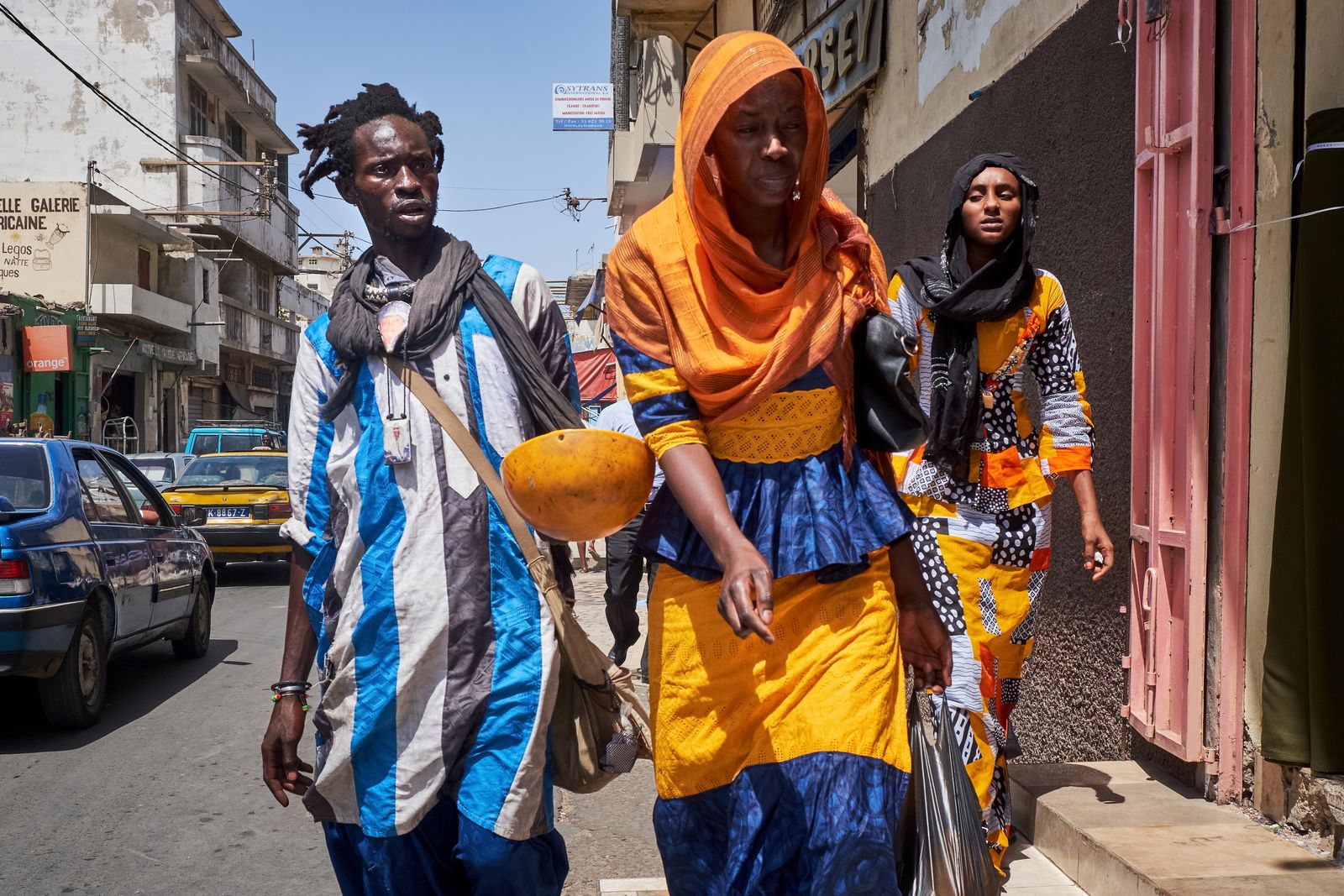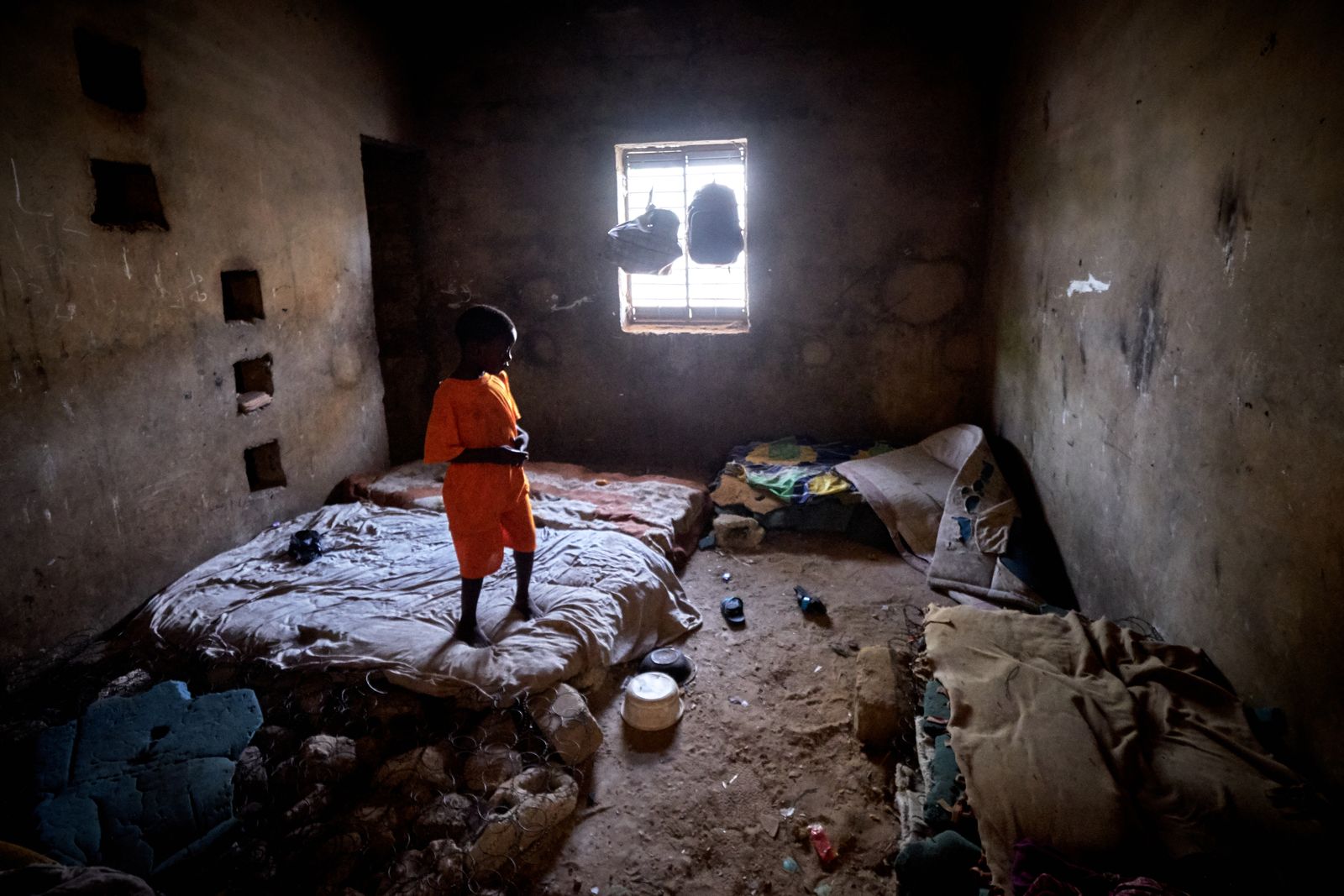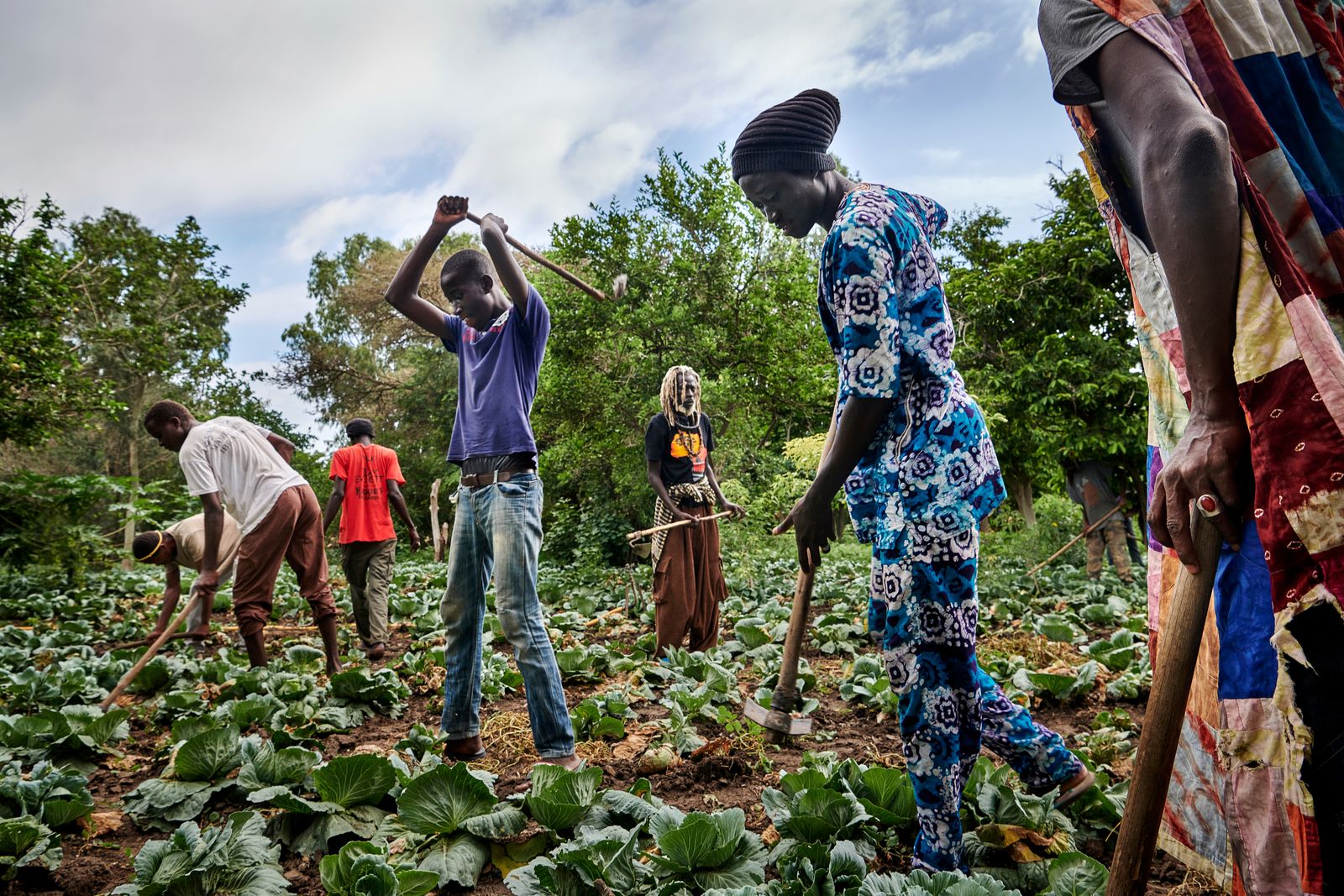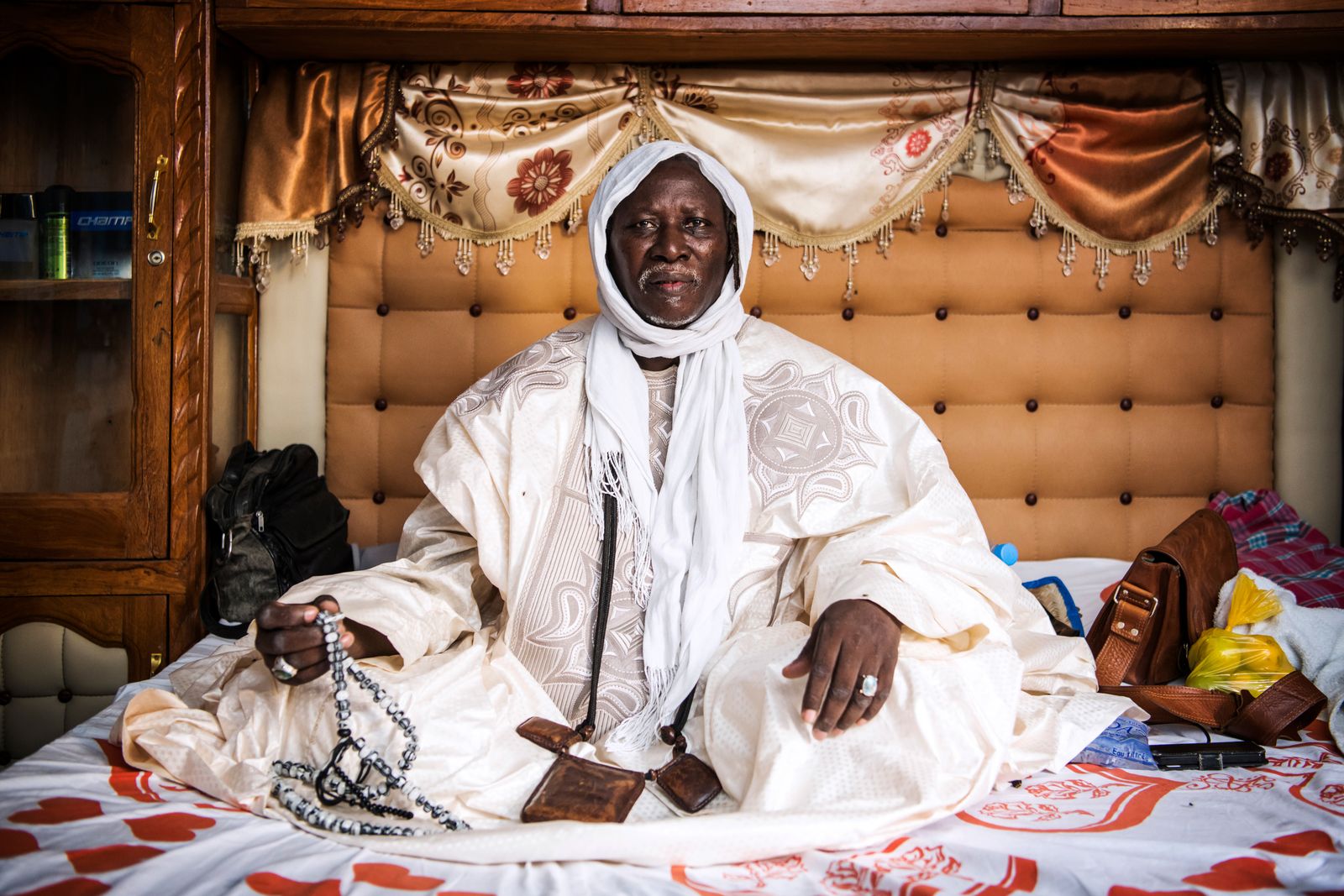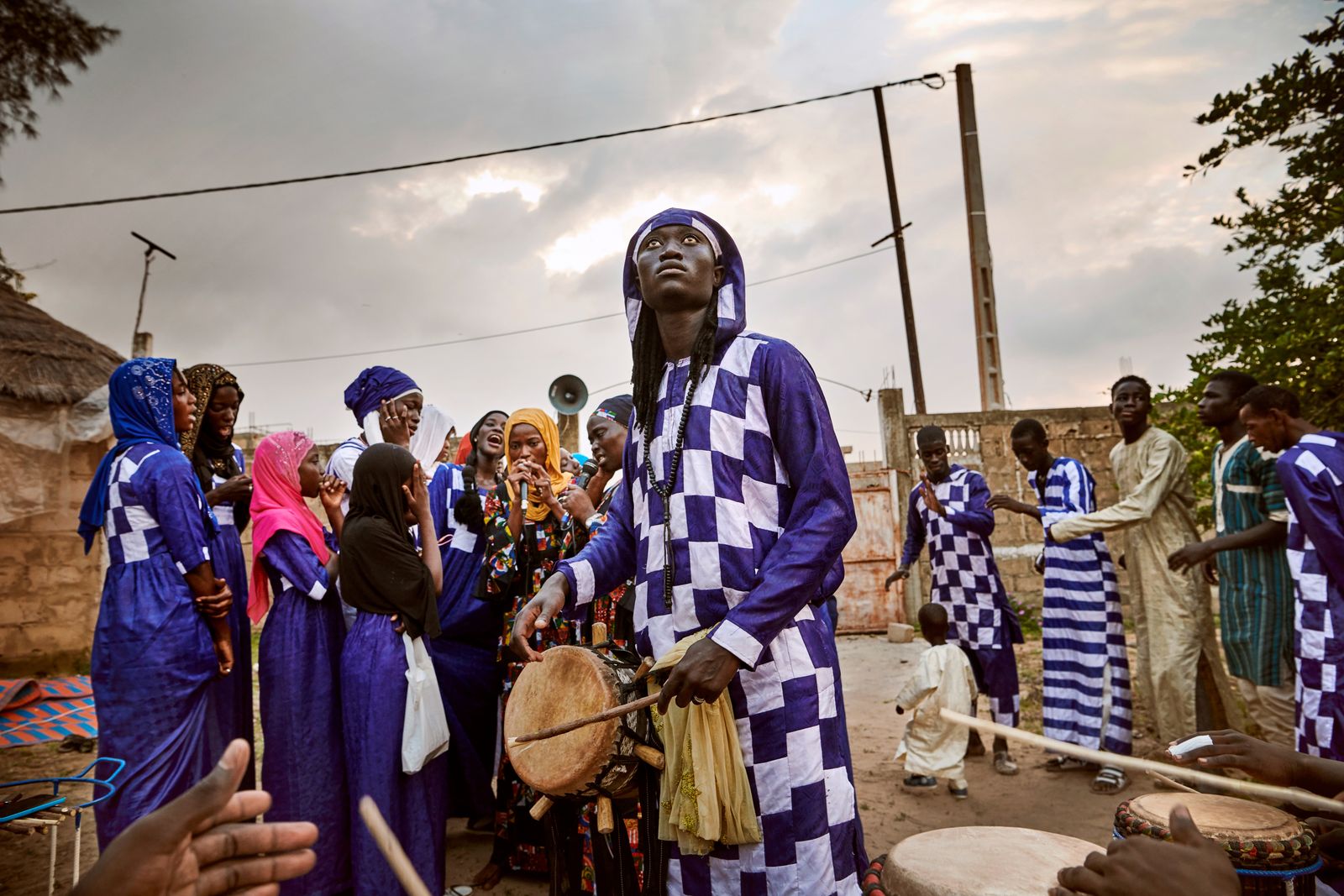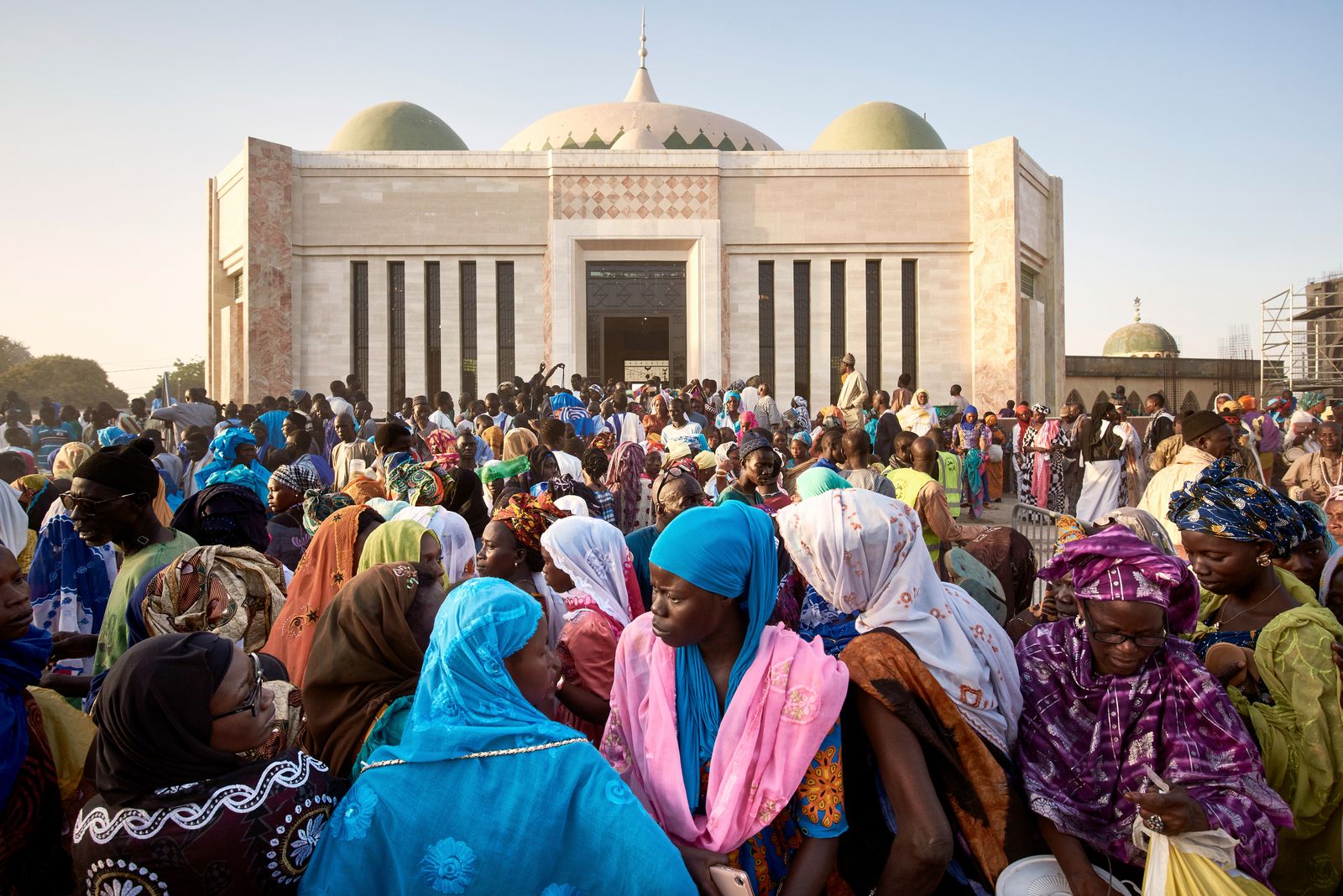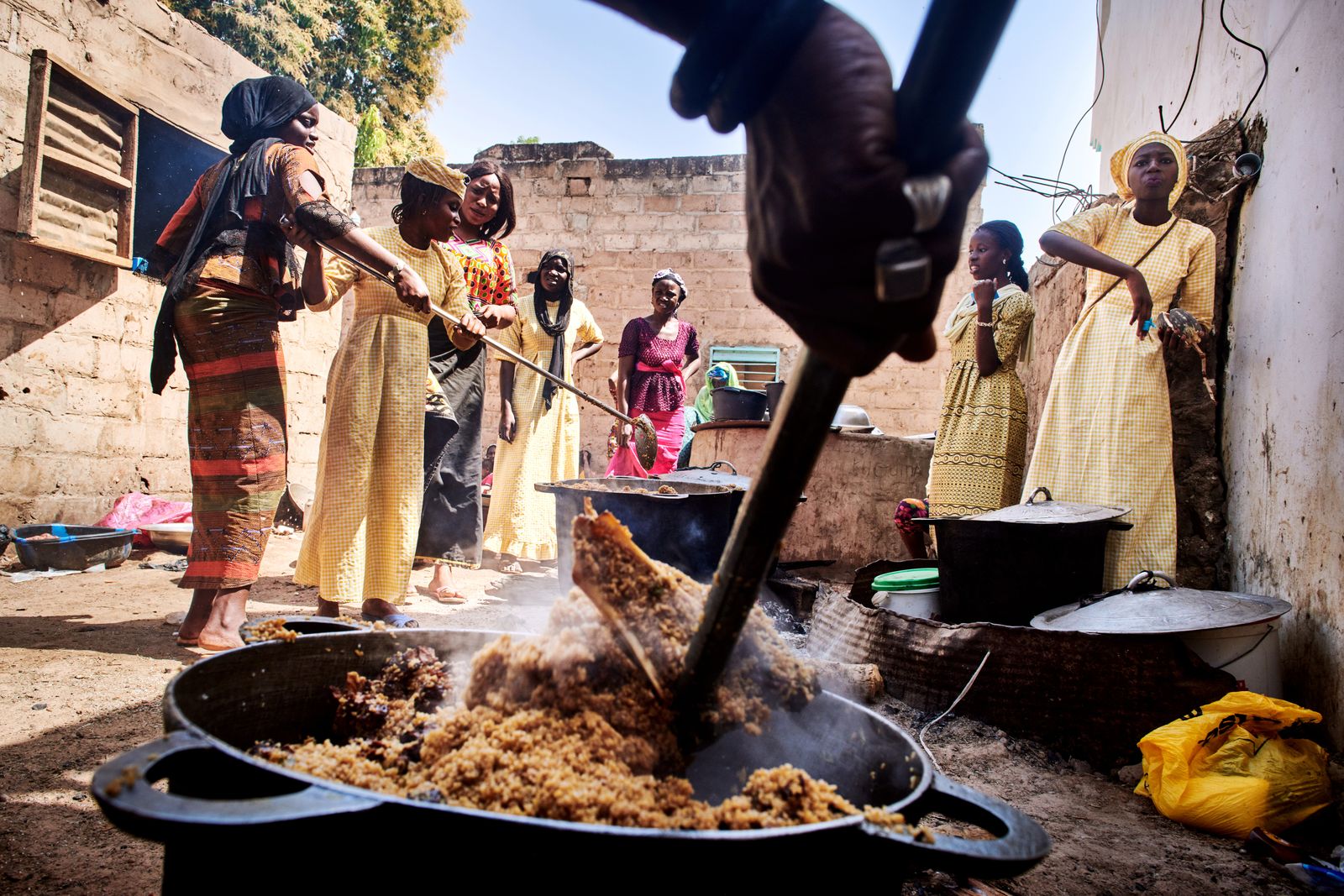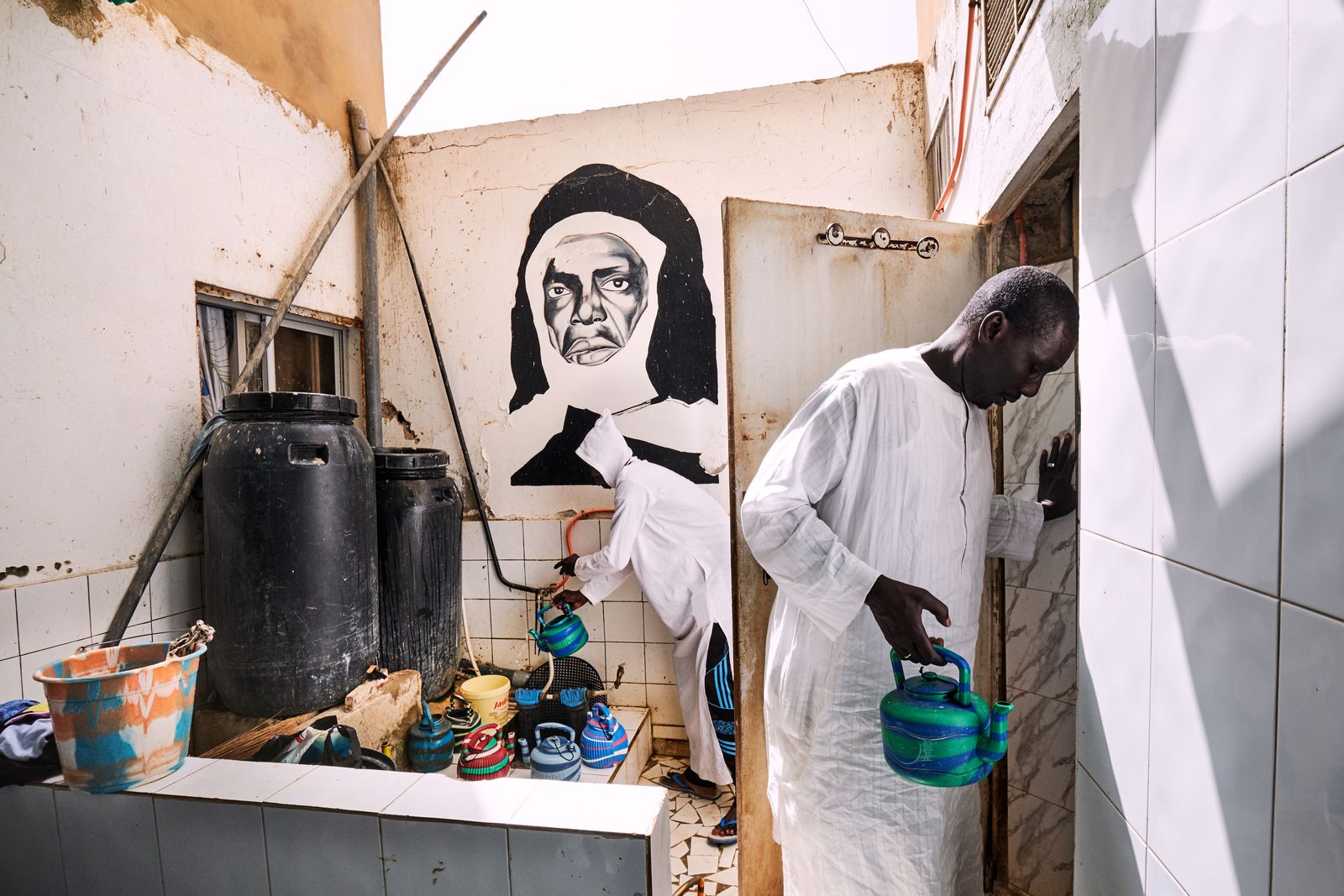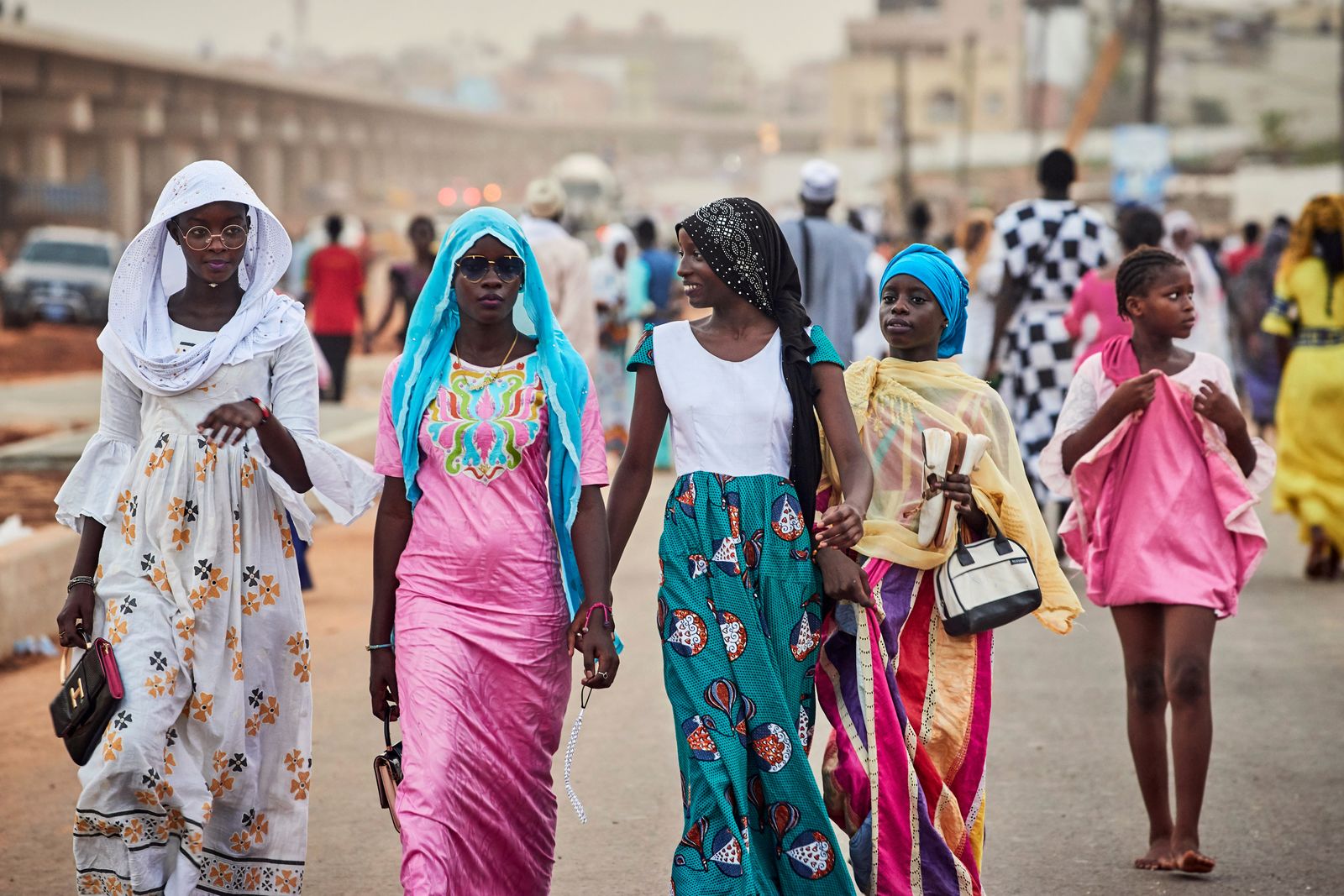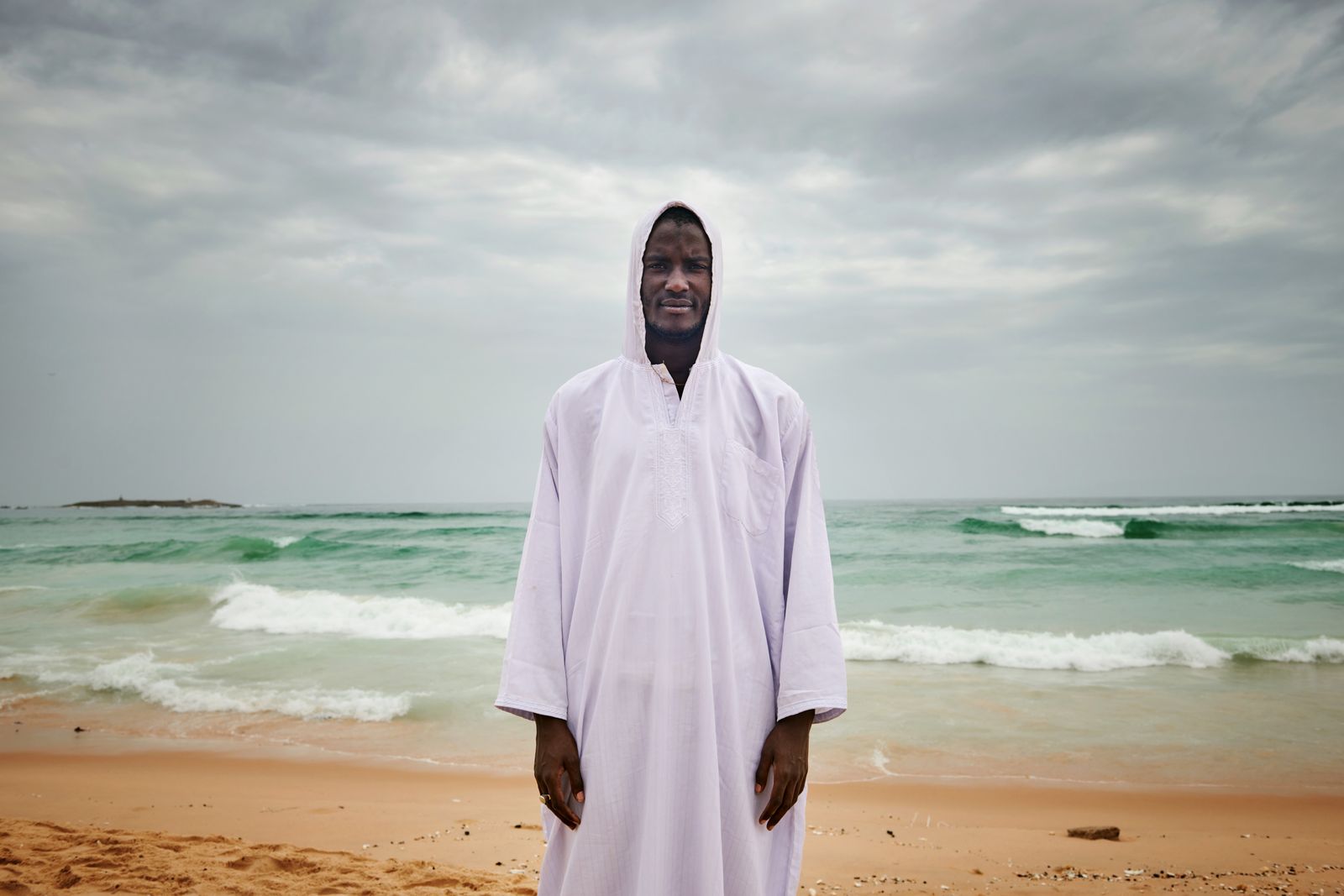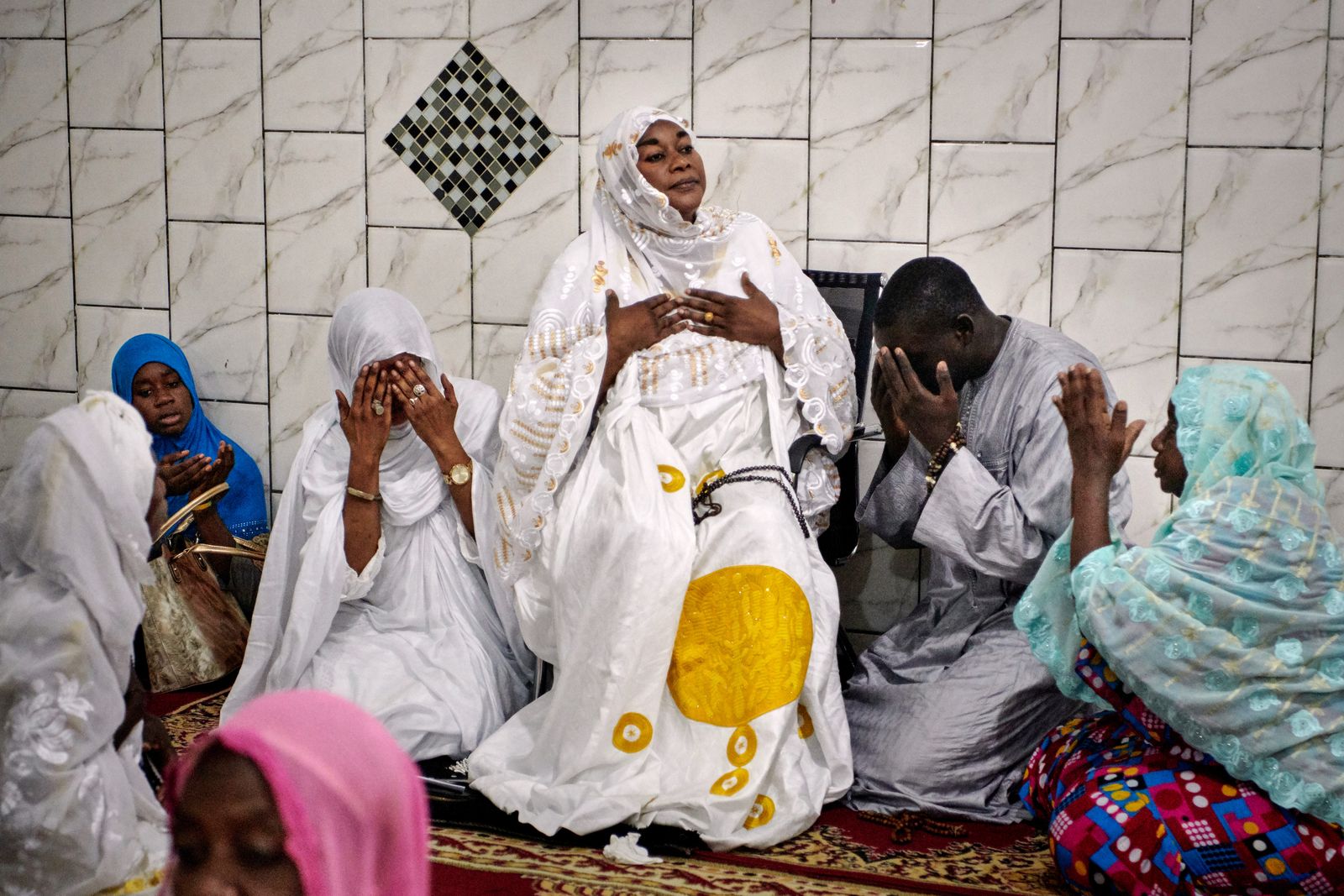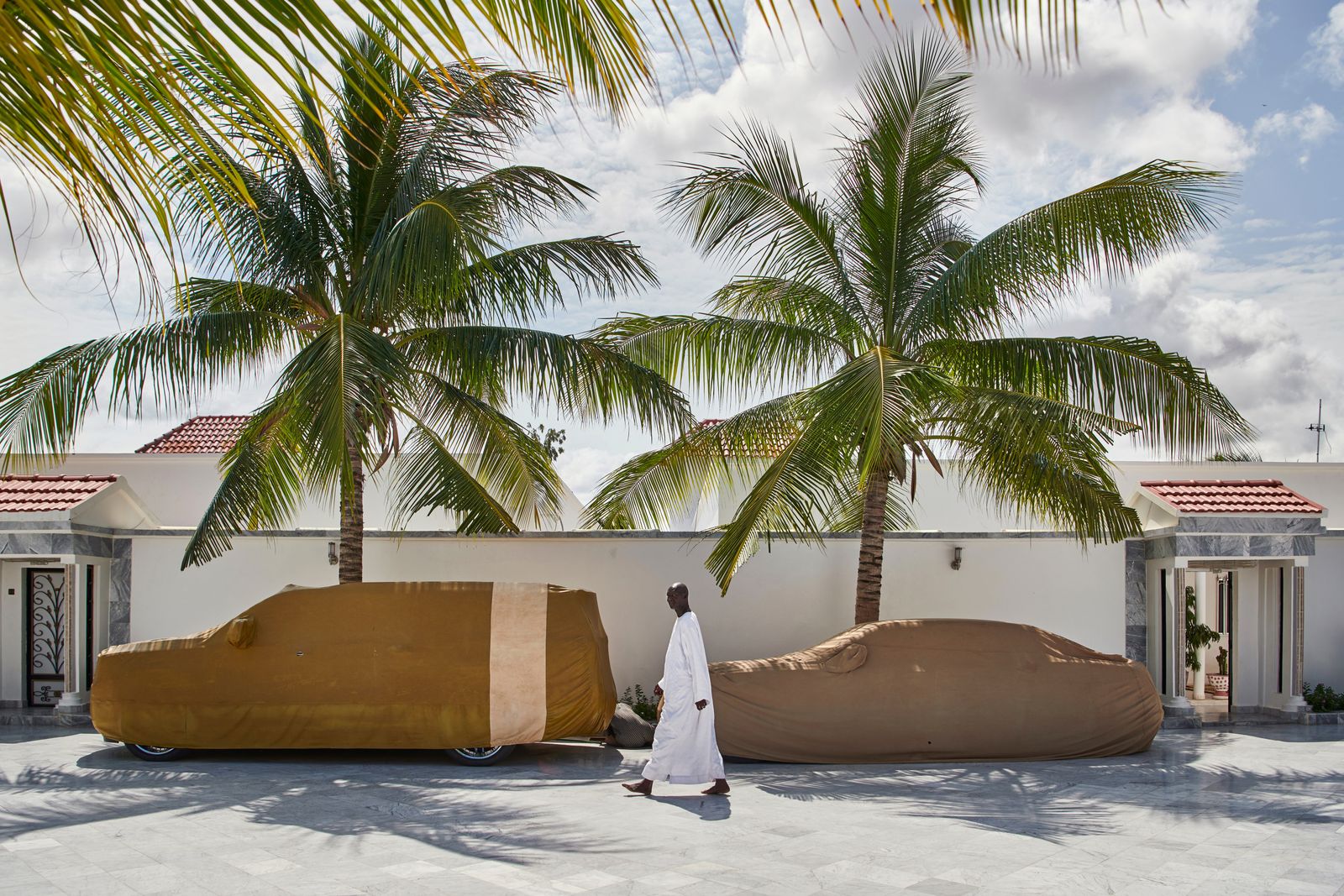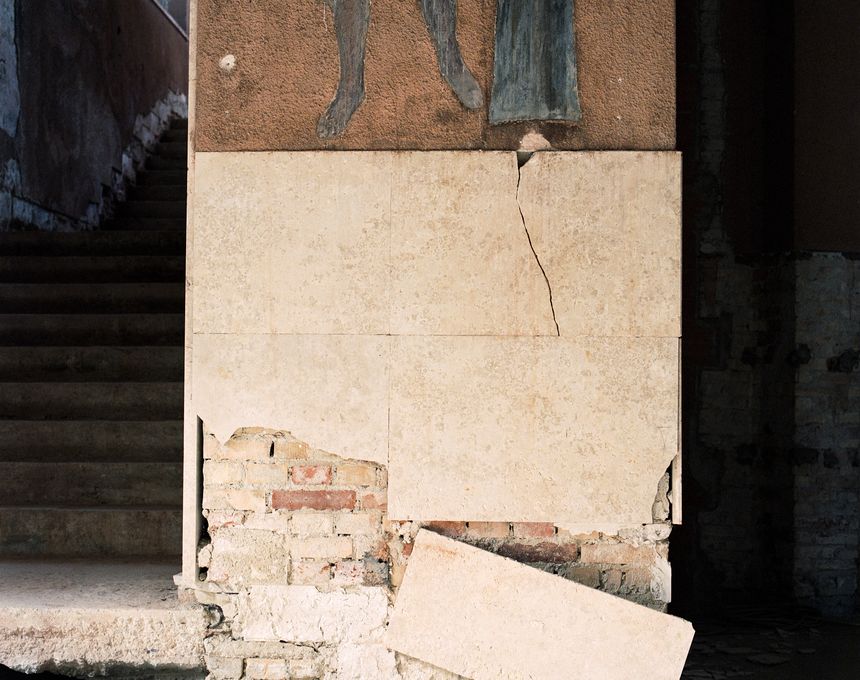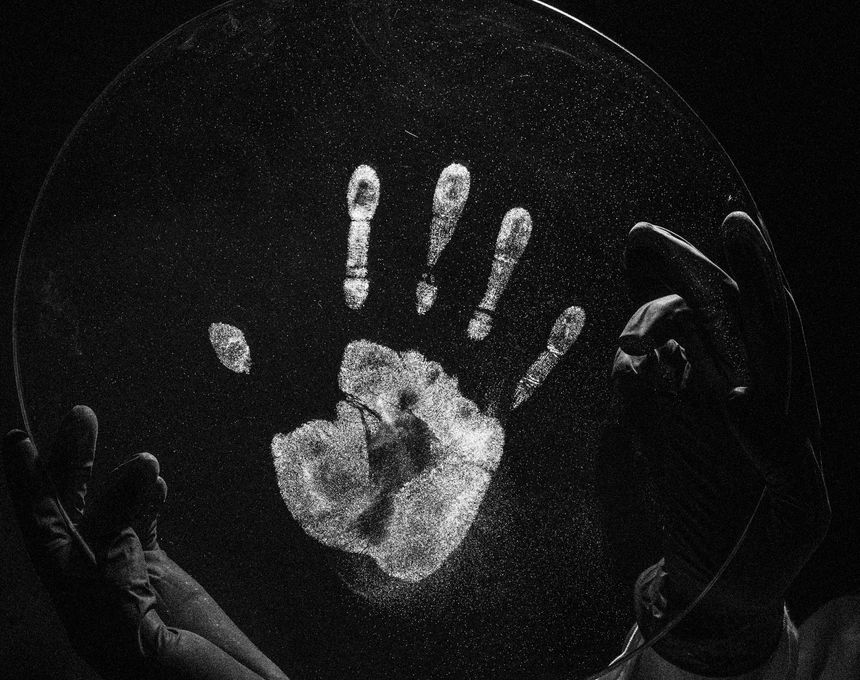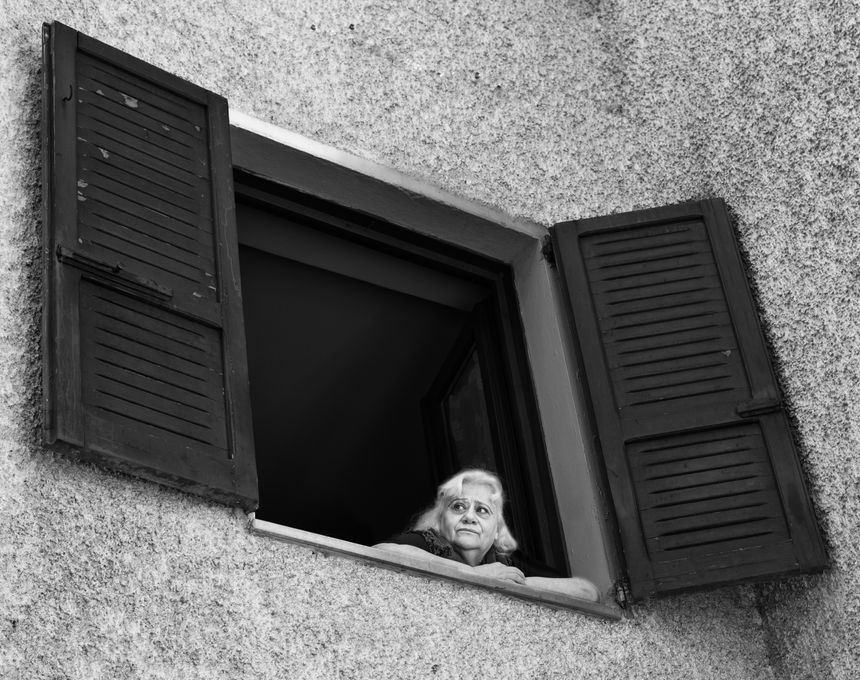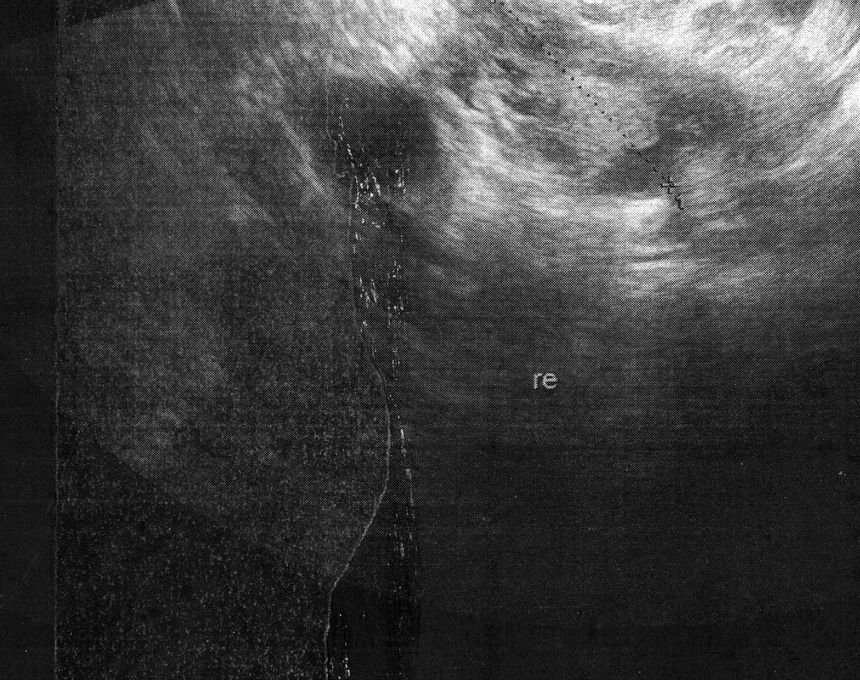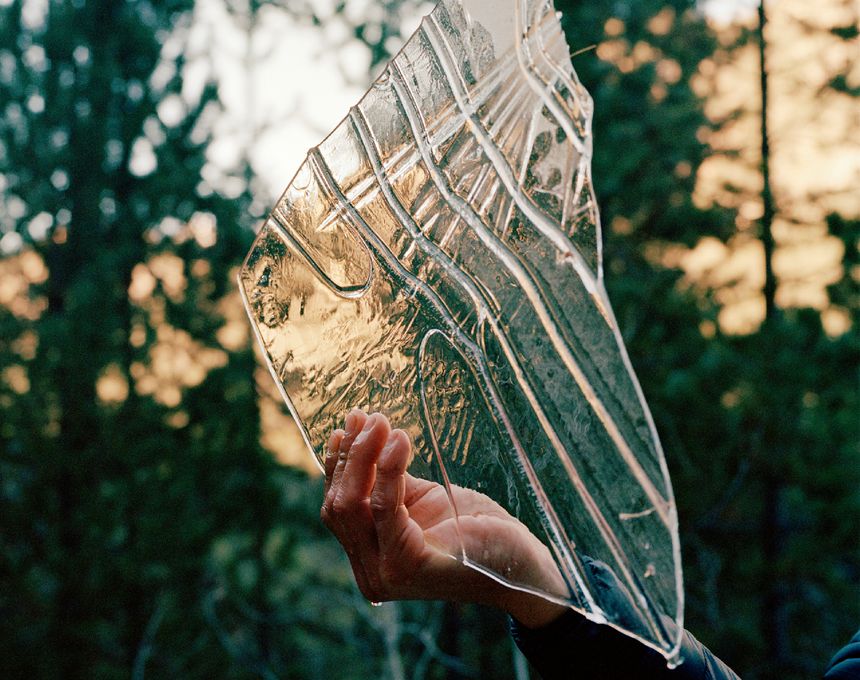The Sufi Brotherhoods of Senegal
-
Dates2014 - Ongoing
-
Author
- Locations Senegal, Touba, Dakar
In Senegal, 95 percent of Muslims belong to a Sufi Brotherhood, more than in any other Muslim population in the world. For Sufis, peace and tolerance are important values, spirituality and closeness to God are more important than dogmas and strict adherence to religious rules. Senegal has never experienced an attack in this age of international terror. The West African country is regarded as an anchor of stability. This has a lot to do with the role of the Sufi Brotherhoods. The families of their founders have gained much power and wealth since the French colonial period and have passed on both for generations. The Senegalese engage in an strong personality cult around the founders of their four largest Sufi-brotherhoods and also their descendents. While saints are a taboo in most Islamic countries, the names and portraits of the founding fathers of the Sufi brotherhoods can be found on the lettering of colourfully painted buses, as posters in shopping centres and textile factories, on almost all taxis. Although Senegal has a secular form of government, Islam is much more than a religion in the country. It is a lifestyle that permeates the entire society. This photo essay aims to explore over a timeframe of 10 years how the Sufi Brotherhoods and their religious leaders shape Senegalese society and how they maintain power and wealth, but also peace and stability in the country by relying on a tolerant form of Islam instead of dogmatic rules and opposition.
